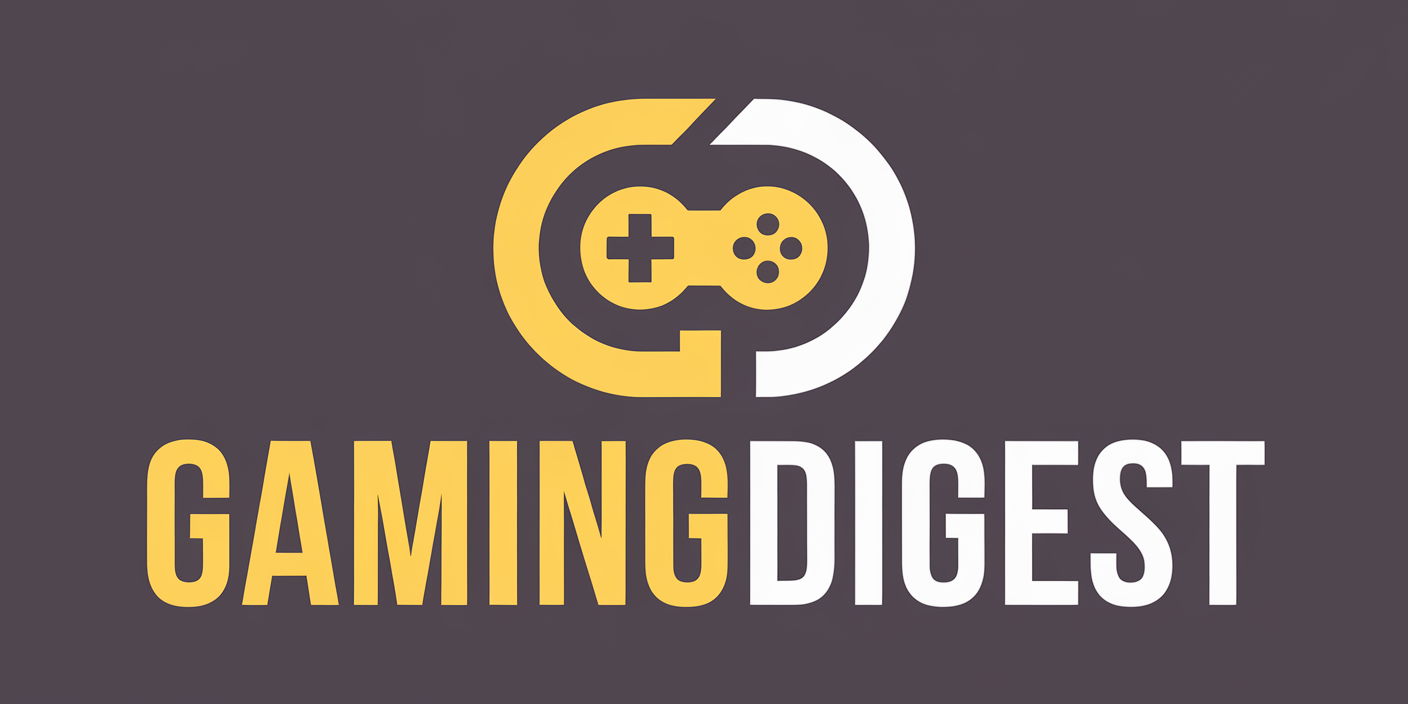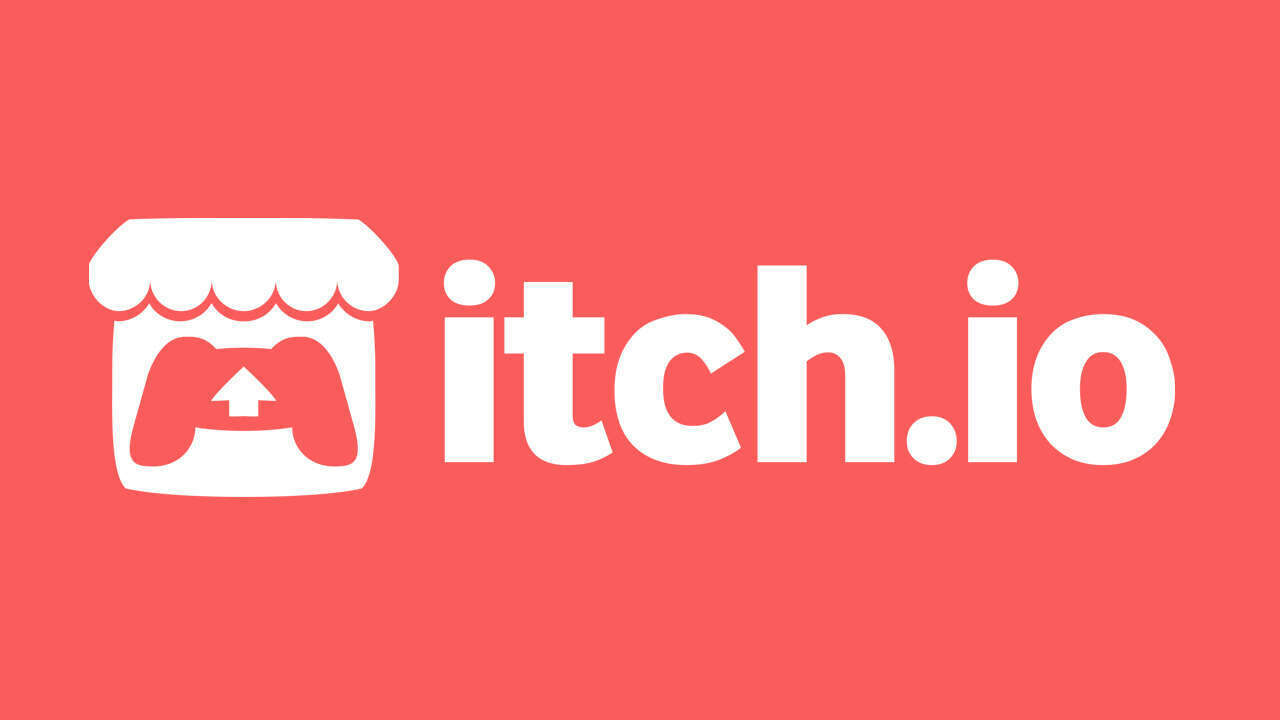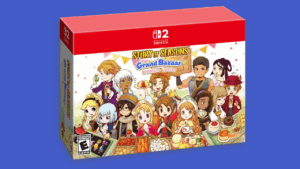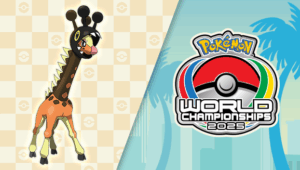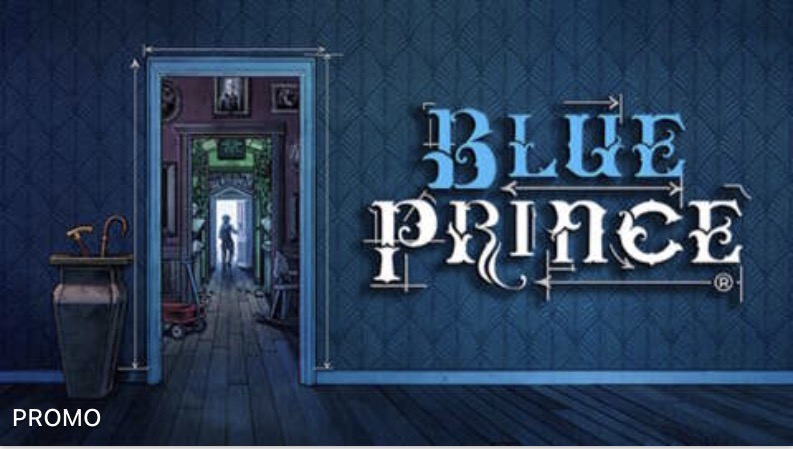When thousands of works were deindexed from Itch just a few weeks ago, livelihoods hung in the balance.
Itch hosted the works of developers, artists, writers, and zinesters. It was (and is) home to taboo pornography, garden-variety smut, video game memoirs, and game jam detritus. Over the last five years, it has perhaps become best known for hosting massive charity bundles, supporting causes like Black Lives Matter, Ukraine war relief, and Palestinian liberation. Those bundles were lined with small projects from hobbyist creators alongside big hits from professional developers. When payment processors forced Itch to de-index thousands of games following a pressure campaign from a right-wing anti-porn group, they threatened all of these avenues of artistic expression and financial income.
Nathalie Lawhead, a developer and artist who has hosted their work on Itch for years, is one of the creators who could be affected by the large-scale push for increased censorship. Their game, Everything is Going to Be Okay, is part of the permanent collection in the Museum of Modern Art in New York City. But despite its acceptance into a major hub of mainstream arts culture, their work has struggled to find a home in the world of video games.
“The work I host on Itch is all the work that I had struggled in the past to get on mainstream storefronts… I can’t count the number of times that my work has been rejected because of reasons like ’simulated error’ (glitch art), or because it features a visual style a storefront deems inappropriate, or because it is built a certain way that’s not standard enough for these storefronts,” Lawhead said over email.
Lawhead’s work is not, strictly speaking, “gamey.” They have described Everything is Going to Be Okay as a zine, and their upcoming game Blue Suburbia as an interactive poem. Lawhead’s words and their work reflect a broader truth about Itch: that it has acted as a bastion for the weird and off-center from its inception.
For Lawhead and many other developers, the mass de-indexing represents a threat to that weirdness, whether their works are NSFW or not. In our conversation, Lawhead emphasized, “We are losing our ability to create work like this, slowly.”
Other developers worry about the effect these bans will have on their thought process.
“I almost included a sex scene in my game Spring Gothic, but if I had put a sex scene in there, it would have been delisted,” visual novel developer and critic Kastel said on a phone call. “I don’t want to think like that. That’s self-censorship.”
For Howling Angel Games founder Olivia Nenmyx, their freedom to approach sensitive topics was hard-won.
“I had a lot of religious or psychological guilt around abnormal kink,” they said over Zoom. “It took a lot of therapy and encouragement to start writing porn.”
It’s that experience that makes them determined to fight for the right of expression, but also frightened of what this precedent could mean.
“I know first-hand how strong the pressure to fall-in-line can be. I see a lot of people shying away from or not expressing themselves in ways that are controversial,” Nenmyx said.
In kind, Kastel sees a danger in trying to police more taboo work.
“The executives, they don’t really care if works are SFW or NSFW. Those are terms that creators and players decide,” she said. “In the end, the payment processors are deciding everything and they have their own paradigms.”

In addition to these concerns, the de-indexing has caused a lot of confusion and misinformation. Press and players cited Consume Me and Mouthwashing as examples of affected games, but Itch had actually de-indexed both games before receiving pressure from payment processors, for unrelated reasons. The mess has caused some developers to criticize Itch fiercely, claiming the storefront should have done more, both to protect developers and warn them about what was happening.
Lawhead, however, believes that Itch deserves some benefit of the doubt.
“They don’t have the resources that a place like Steam does,” Lawhead said. “They are about as indie as I am. It’s not hard to knock something like that off its feet and make it impossible for it to get back up… The only way to fight this is to understand that we are all in this together, and that includes Itch.io too.”
But the question remains: How and where should independent artists share their work? As “someone that’s already tried every possible alternative” and “that’s been very vocal about alternatives out there,” Lawhead admits they are skeptical there are real substitutes for Itch. Indeed, in the weeks since this policy changed the landscape of Itch, no obvious new options have emerged–although the dust is still settling and it is unclear what will remain in the aftermath or if Itch’s policies will change. But the threat payment processors pose to marginal work is bigger than Itch or even Steam. True alternatives may be hard to find.
Some developers are already planning to divest. While Nenmyx wants to maintain a relationship with Itch, they are actively looking for alternatives and have added a storefront to their studio’s website.
“I will continue to host free demos on Itch to try and get people onto my site, but I don’t think I’m going to host paid content on Itch in the future,” they said. “That’s not set in stone though.”
Kastel believes that trust will be slow to return, if it comes back at all.
“Even if Itch survives, people are going to be concerned that their games will be pulled off,” Katel said. “The optimal way is probably, make a jam on Itch, but also upload a mirror copy somewhere else, like the Internet Archive.”
But while individuals scramble for potential solutions, the stakes of the broader fight remain high. For Lawhead, the fate of Itch could set a precedent that would affect our online lives in every way.
“Given the bigger context of how corporations and monopolies have funneled everyone into these heavily-controlled walled gardens that now occupy our daily online lives, or even the way us developers can distribute software… I don’t think there’s any coming back from this.”
It’s hard not to see what they mean, as the UK threatens the country’s access to Wikipedia or as Steam removes games like Vile: Exhumed. But Lawhead is not giving up.
“We need Itch.io to live,” they said. “We need our own precedent.”
